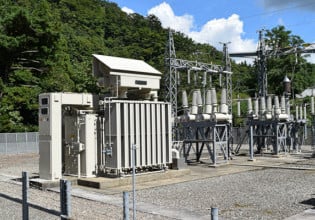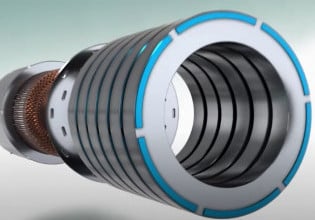Organic-Inorganic Coating of Li-Ion Battery Anode Silicon Interfaces can Quadruple Energy Density
MGX Minerals Inc. reported that its collaborative research partnership with the University of British Columbia (UBC) successfully developed a novel hybrid organic-inorganic material for use in engineering silicon interfaces.
MGX and UBC expect that these interfaces will prove critical in achieving a highly efficient, long-lasting silicon anode that will aid in the development of next generation lithium-ion batteries that can quadrupling energy density compared to the current standard of 100 Wh/kg up to 400 Wh/kg.
The anodes are intended for Li-ion batteries used in long-range electric vehicles and grid-scale energy storage.
In addition to developing silicon interfaces, MGX and UBC are also working to optimizes the processes on metallurgical grade silicon. The goal is to use low-cost metallurgical-grade silicon as a feedstock to produce nanostructured silicon.
The overall objective of the MGX/UBC two-year research program is to develop a low-cost and scalable method that can fabricate a silicon-based anode that improves the energy density of Li-ion batteries.
Dr. Jian Liu, Assistant Professor in the School of Engineering at UBC Okanagan, is leading a research group focused on advanced materials for energy storage. Dr. Liu previously served as the technical lead for the development of surface coating materials by atomic and molecular layer deposition, and their applications in surface and interface engineering on the anode and cathode of Li-ion batteries and beyond, at Western University and Pacific Northwest National Laboratory.






